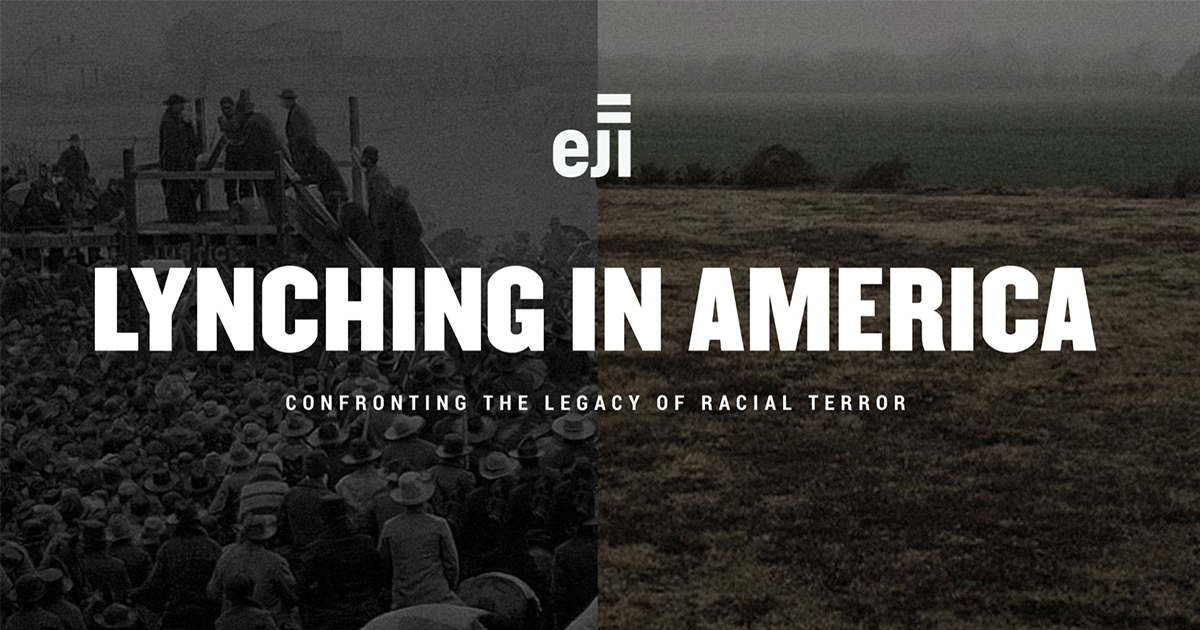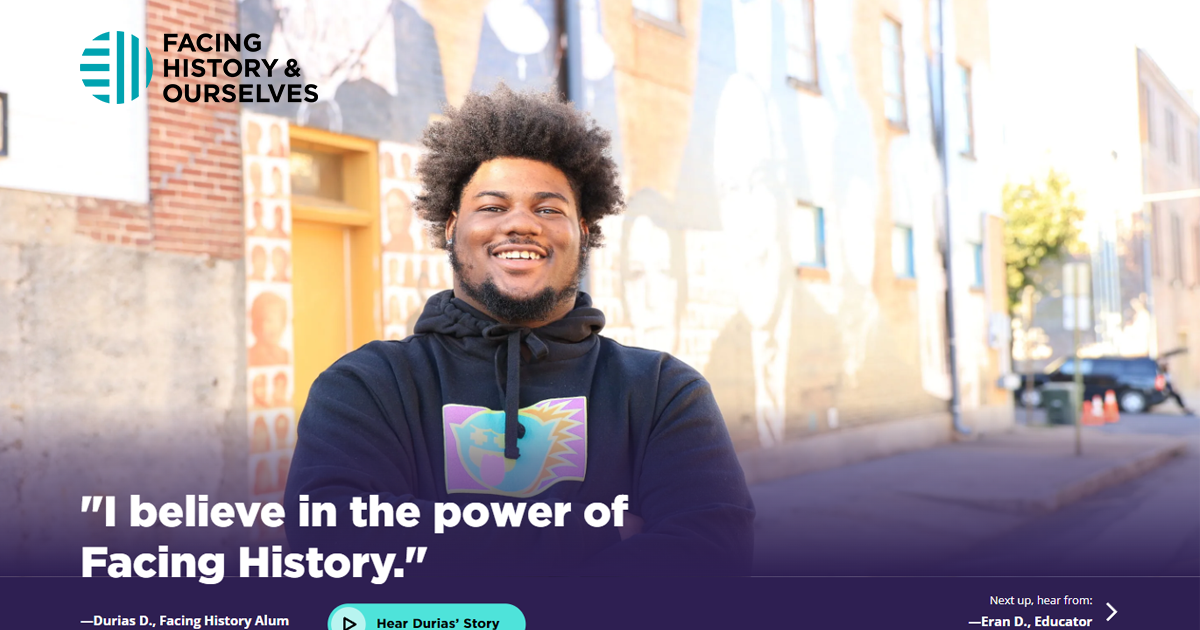Music, a robust societal commentary and storytelling medium, often spurs challenging conversations that offer avenues for cultural introspection. Billie Holiday's "Strange Fruit" is an exemplar, a poignant anti-lynching anthem. The song is a stark reminder of music's potency in illuminating societal ills, a theme that resonates with Jason Aldean's recent song, "Try That in a Small Town." Though not explicitly racial, the song has invoked considerable controversy due to its perceived indirect endorsement of vigilante violence and racial undertones.
The discourse around this controversy offers a fresh perspective through the lens of the Sapir-Whorf Hypothesis, or the principle of linguistic relativity. This hypothesis, primarily advanced by linguists Edward Sapir and Benjamin Lee Whorf, posits that language structure influences cognition and worldview. In essence, our comprehension of the world is sculpted by the language we employ. Research, such as Lera Boroditsky's work on how language shapes thought, underlines this relationship.
Through the song's narrative and subsequent controversy, we see the critical interplay between music, cultural narratives, and the necessity for cultural sensitivity. The choice of words, their connotations, and context construct listeners' perceptions and shape collective social consciousness. This incident underscores the influence of language embedded in music, daily interactions, conversations, and the cultural representations we propagate. While the song unintentionally brought these challenges to light, it also offers a pathway towards a more inclusive understanding of culture and community.
One key recommendation can be drawn from this analysis: enhancing our understanding of history, cultural narratives, and language's implications. Knowledge about the legacy of sundown towns, racial terror lynchings, and their enduring impact on contemporary society provides a critical starting point. For instance, books such as "Sundown Towns: A Hidden Dimension of American Racism" by James W. Loewen or "Without Sanctuary: Lynching Photography in America" by James Allen offer comprehensive insight into America's troubled racial history. The Equal Justice Initiative's (EJI) interactive report on lynching in America provides accessible information about these historical injustices.
In addition, studying the Sapir-Whorf Hypothesis can enlighten us about how language choices subtly mold our worldviews and perceptions. To this end, "Language, Thought, and Reality" by Benjamin Lee Whorf is an excellent starting point. Beyond self-education, we must also share these understandings within our social circles, workplaces, and communities. We foster open conversations about these topics and contribute to a collective shift towards a more sensitive and inclusive dialogue.
In conclusion, we have the power to direct language toward shaping cultural narratives that foster inclusivity, challenge harmful stereotypes, and ensure respect for all communities. The first step is gaining knowledge—understanding our past, recognizing our words' power, and consciously choosing a more inclusive societal path. The #BlackLivesMatter movement, which effectively used language on social media platforms to raise awareness about racial injustices, stands as a testament to this power. Language is not merely a tool for communication; it's a vehicle for change, and it's high time we recognize and harness its potential.
Resources to learn more
- "Sundown Towns: A Hidden Dimension of American Racism" by James W. Loewen: This book uncovers the disturbing phenomenon of "sundown towns" or places where non-whites were not allowed after sunset, revealing a neglected history of American racism.
- "Without Sanctuary: Lynching Photography in America" by James Allen: A collection of photographs and postcards from lynchings, providing a chilling depiction of America's racial violence.
- "Language, Thought, and Reality" by Benjamin Lee Whorf: This book is a compilation of Whorf's most important writings on the relationship between language, culture, and cognition.
- "Through the Language Glass: Why The World Looks Different In Other Languages" by Guy Deutscher: This book delves into how our mother tongues influence how we think and perceive the world.
- "When They Call You a Terrorist: A Black Lives Matter Memoir" by Patrisse Khan-Cullors and asha bandele: A powerful memoir by one of the co-founders of the #BlackLivesMatter movement.

The Equal Justice Initiative's (EJI) interactive report on lynching in America: This resource offers comprehensive information about racial terror lynchings in America, coupled with personal stories and interactive elements.

An organization providing resources for educators to help students understand prejudice and discrimination, empowering them to make a difference.








